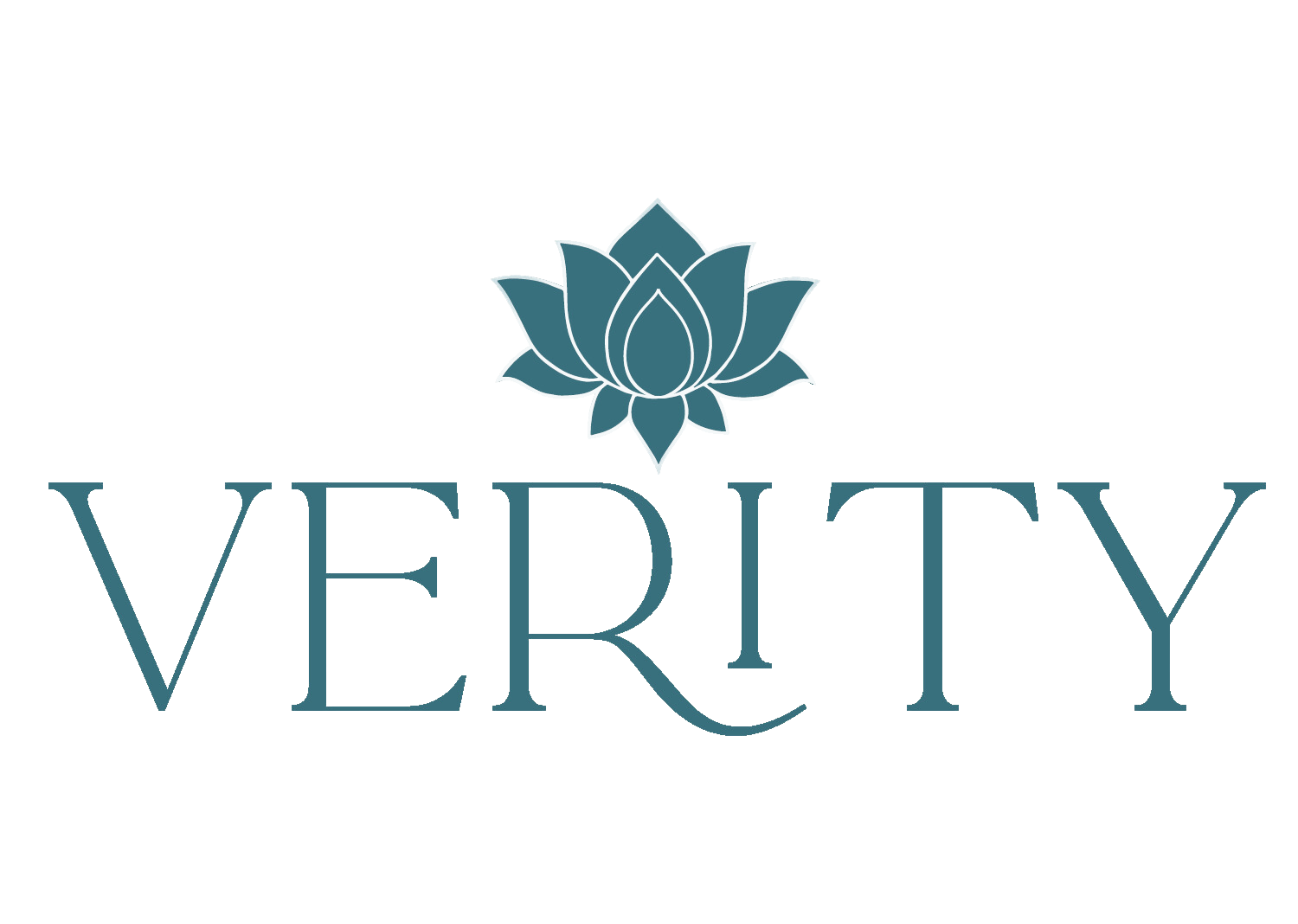February is Black History month – a time for us to celebrate, highlight, and honor the contributions of Black Americans – something essential we should do not only the second month of the year, but every day of the year.
At Verity, we are committed to our Black community and are proud to shed light on important historical truths – that without Black activists, there would be no #metoo movement (founded by Tarana Burke). The history of the fight to end sexual violence, assault and abuse is one that began long before you might have thought or been taught about in school. Before the feminist movement of the 1970s, before the Blue Bird of the Massachusetts Woman Suffrage Association in 1915 – Black women and men were taking a stance and leading the earliest rumblings of activism against sexual violence. Black activists were marching and sharing their stories, changing the culture and paving the way for modern rape crisis centers across the nation.
“The history of the rape crisis movement in the United States is also a history of the struggle of African American women against racism and sexism.”
In 1851, Sojourner Truth delivered what is now recognized as one of the most famous abolitionist and women’s rights speeches in American history, posing the question, “Ain’t I a Woman?” and effectively became the first woman to connect issues of Black oppression with women’s oppression.
The answer to her question had history-changing implications. At the time, nobody knew what it would mean to validate women, especially Black women, as legal citizens with full rights, freedom from discrimination, and bodily autonomy.
Sojourner Truth lived during a period in which white society believed that Black women were naturally lustful and overtly sexual beings. This is in total contrast to the ideal picture of what a white woman was expected to be: chaste, modest, and demure. The belief by white society that Black women (and men) were hyper-sexual has had, and still has, extreme and harmful impacts on the Black Community.
The courage and dedication of these activists, both past and present, in the face of adversity, overt hatred, and violence, deserves recognition and reverence. From the formation of the Black Women’s Club movement in the late 1890s – to laying the groundwork for the later establishment of a number of national organizations, such as the National Coalition Against Domestic Violence, we are where we are today because of the strength and courage of Black Americans standing up and demanding change. To learn more about the history of the rape crisis movement and the efforts of Black Americans to advocate and fight for social change, read this article.
Take Action:
Here are some ways you can celebrate Black history — not just this month, but all year round:
1. SUPPORT: Support Black owned small businesses year-round. You can find a list of Black owned businesses to support here.
2. DONATE: Donate to Black led nonprofits and organizations. If you’re looking for some suggestions, check some out here.
3. READ: Pick from this list of must read books for Black History Month 2024. Here’s a list for children.
4. TEACH: Consent Education For Children: “Where Hands Go” by local Sonoma County author Krystaelynne Sanders Diggs.
Resources:
Verity – Sexual Assault Prevention, Intervention & Healing Center (Sonoma County):
Services: Verity offers comprehensive support services for survivors of sexual assault, including crisis intervention, counseling, advocacy, and prevention education programs.
24/7 Support & Crisis Line: (707) 545-7273
North Bay Black Chamber of Commerce
Services: NBBCC offers a range of services to help black-owned businesses succeed, including business planning, marketing strategy, financial management, and access to funding.
Black Therapy Fund Sonoma County
The Sonoma County Black Forum Black Therapy Fund Voucher Program offers up to 12 sessions of mental health counseling, from culturally competent therapists, for up to 234 qualifying Sonoma County Residents.
NAACP – Santa Rosa, Sonoma County Branch
The mission of NAACP is to ensure the political, educational, social, and economic equality of rights of all persons and to eliminate racial hatred and racial discrimination.


Recent Comments